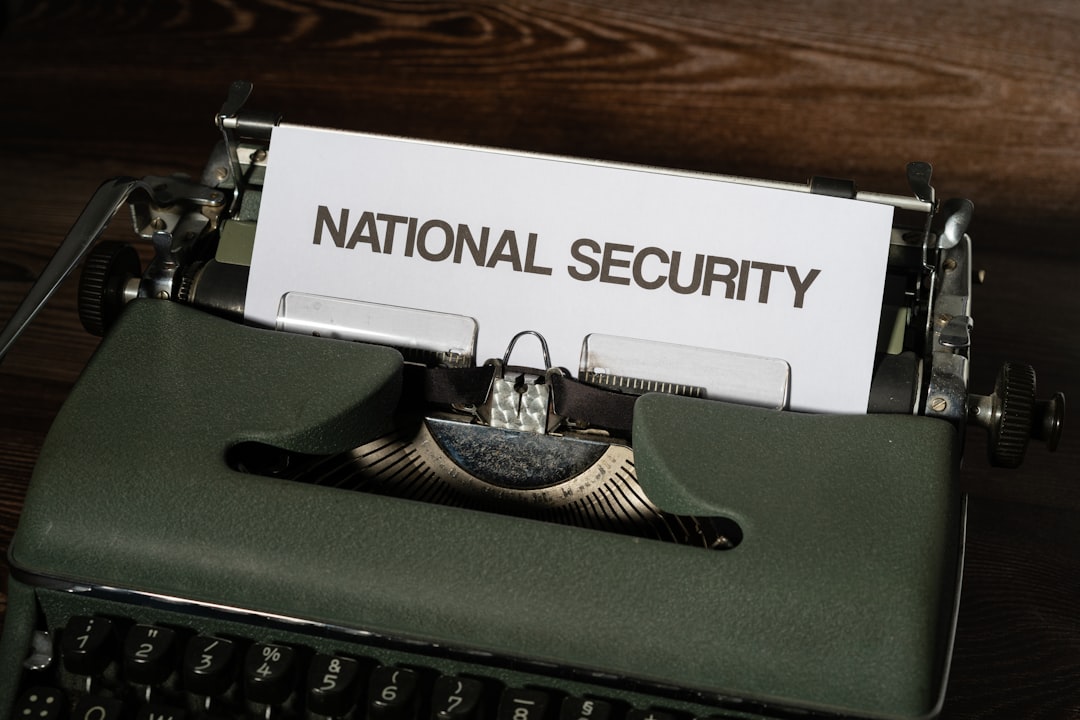Working remotely as a faculty or staff member of the University of Pennsylvania brings both opportunity and responsibility. While enjoying the flexibility and convenience of working from home, it is essential to ensure that sensitive university information and data remain protected. One of the most critical tools for safeguarding your work-from-home environment is a Virtual Private Network (VPN). At UPenn, the university provides a powerful VPN solution that encrypts your internet connection, offering a secure gateway to internal resources and systems.
Why VPN Is Essential for Remote Work
Whether you’re conducting research, accessing email, handling grades, or connecting to departmental servers, you’re likely moving data that must be shielded from unauthorized access. A VPN ensures that your connection to Penn’s systems is secure, even over public or home Wi-Fi networks. It does this by:
- Encrypting your data – preventing cyber threats from intercepting or reading sensitive information.
- Masking your IP address – making your location less traceable and adding a layer of privacy protection.
- Providing access to Penn-exclusive resources – allowing you to access internal systems not available on public networks.

Setting Up Penn’s VPN
UPenn offers its VPN solution through the Cisco AnyConnect Secure Mobility Client. This software is available to all current faculty and staff and ensures a reliable and protected gateway for accessing university resources.
- Visit the VPN download portal: Navigate to https://vpn.upenn.edu.
- Login using your PennKey credentials: You must authenticate through the university’s secure portal.
- Download the appropriate client: Choose the version suitable for your operating system (Windows, macOS, or mobile).
- Install and launch the client: Follow the on-screen instructions to complete the installation and open the application.
- Connect to the VPN: Enter vpn.upenn.edu as the server address and log in with your PennKey when prompted. Ensure connection before accessing university systems.
Best Practices for VPN Use
Merely installing a VPN is not enough. To fully benefit from its protection, you must use it consistently and correctly.
- Always connect the VPN before starting work: Especially if you’re accessing confidential data or Penn’s internal systems.
- Log out of the VPN after use: This helps ensure your connection is reset and reduces exposure.
- Update the Cisco AnyConnect software regularly: Ensure you have the latest security features and compatibility updates.
- Don’t share your login credentials: Keep your PennKey confidential to maintain the integrity of your identity and account.
- Use MFA (Multi-Factor Authentication): UPenn encourages and offers Duo as an added security layer for VPN and other services.

Troubleshooting Tips
Even with the proper setup, occasional issues may arise. Here are some quick tips to resolve common VPN problems:
- Connection fails or drops often? Try restarting the client, rebooting your computer, or checking your internet connection.
- Can’t access certain internal websites? Double-check that your VPN is fully connected to vpn.upenn.edu.
- Software won’t install? Ensure you have administrative privileges on your machine or contact your department’s IT support for installation assistance.
Resources and Support
UPenn provides comprehensive IT support to assist faculty and staff with VPN setup and usage. Here’s where to go for help:
- VPN Help Documentation – Official guides and frequently asked questions.
- ISC Website – University of Pennsylvania Information Systems & Computing homepage.
- Contact your Departmental IT Support: Your local IT professionals are often best equipped to help solve VPN-specific issues.
Conclusion
Upholding data integrity and cyber hygiene is a shared responsibility. Using the UPenn VPN is an essential, non-negotiable tool in ensuring you’re protecting not only your own digital environment but the university’s entire information ecosystem. By following best practices and staying proactive, you reinforce the university’s commitment to academic excellence, privacy, and safety in an increasingly digital world.
Secure your remote work today with Penn’s trusted VPN services—and work with confidence, knowing you’re protecting what matters most.

